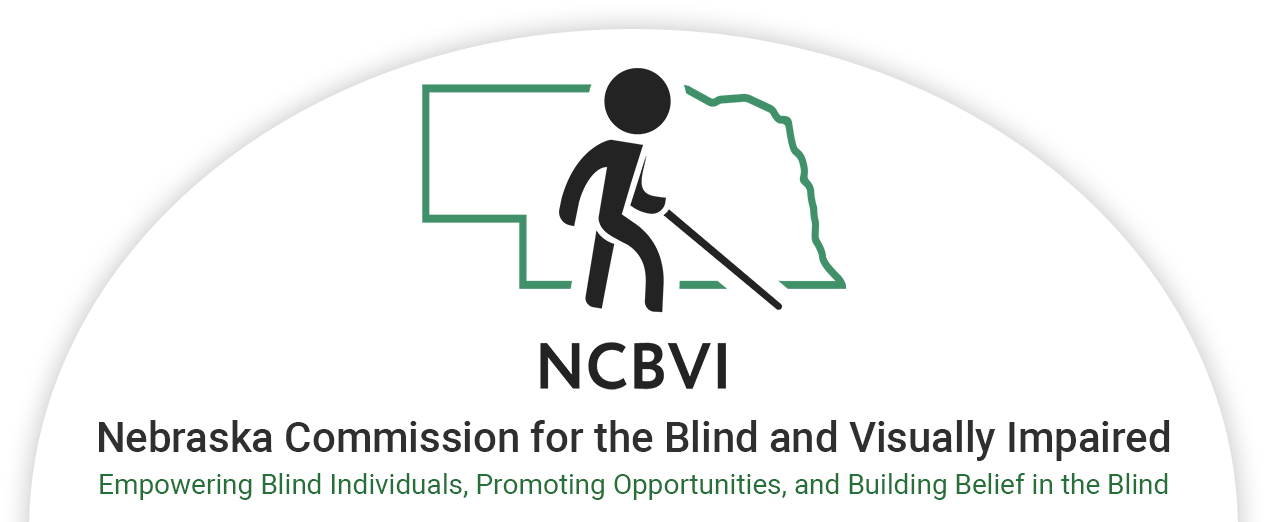There is a Native American saying, “Tell me and I will forget. Show me, and I may not remember. Involve me, and I will learn.” When a teacher truly respects a student, the teacher will expect the student to be able to draw on personal knowledge and experiences while dealing with a new situation. The teacher should also expect that a student can gather information from the environment, and use that information to solve the problems that may arise while learning something new. Almost everyone learns better by doing, and this is a critical part of Structured Discovery.
When problems arise, rather than simply giving the student the answers, the teacher can help the student to be more involved in learning by asking questions that lead the individual to think about all the information that is available. This will allow the individual to find a solution. When people figure things out for themselves, not only do they remember the solution longer, they also become better at problem solving and being better prepared to deal with other problems that will likely arise in the future.
The Nebraska Center for the Blind is committed to informed choice and Structured Discovery training. Using sleep-shades, or blindfolds, can be an uncomfortable idea until the reasons for using them are better understood. The use of sleep-shades is critical when assisting our students to make an informed choice on how they function in the world. Being blind doesn't necessarily mean a person has no useful eyesight. However, the eyesight the person has may not always be reliable in every situation. For example, an individual may be able to see enough to get around safely on a sunny day, but may not be able to see well enough to move around safely when it is dark or cloudy. The same could be said for when a person walks into a building after being outside in sunlight and not having eyesight that adjusts quickly to the indoor light.
In these types of situations, the person would need to know how to use a cane to remain safe and move around independently. Sometimes people discover their vision wasn’t as good as they thought. Therefore, being blind is not so much about how much a person can see, but rather about how that person best functions in the world.
In order for non-visual techniques to work, the individual must truly believe the alternatives work better in most situations versus using unreliable vision. How can a person learn the non-visual techniques in order to make an informed choice? Using sleep-shades to learn and practice the skills is the best and most practical way to do this. People know what is possible with eyesight, but most people don’t know what is possible without eyesight until they have an opportunity to learn the non-visual skills under sleep-shades. Graduates of the Nebraska Center for the Blind are empowered to make the choice to live a truly independent life.
Are you ready to make this choice?

